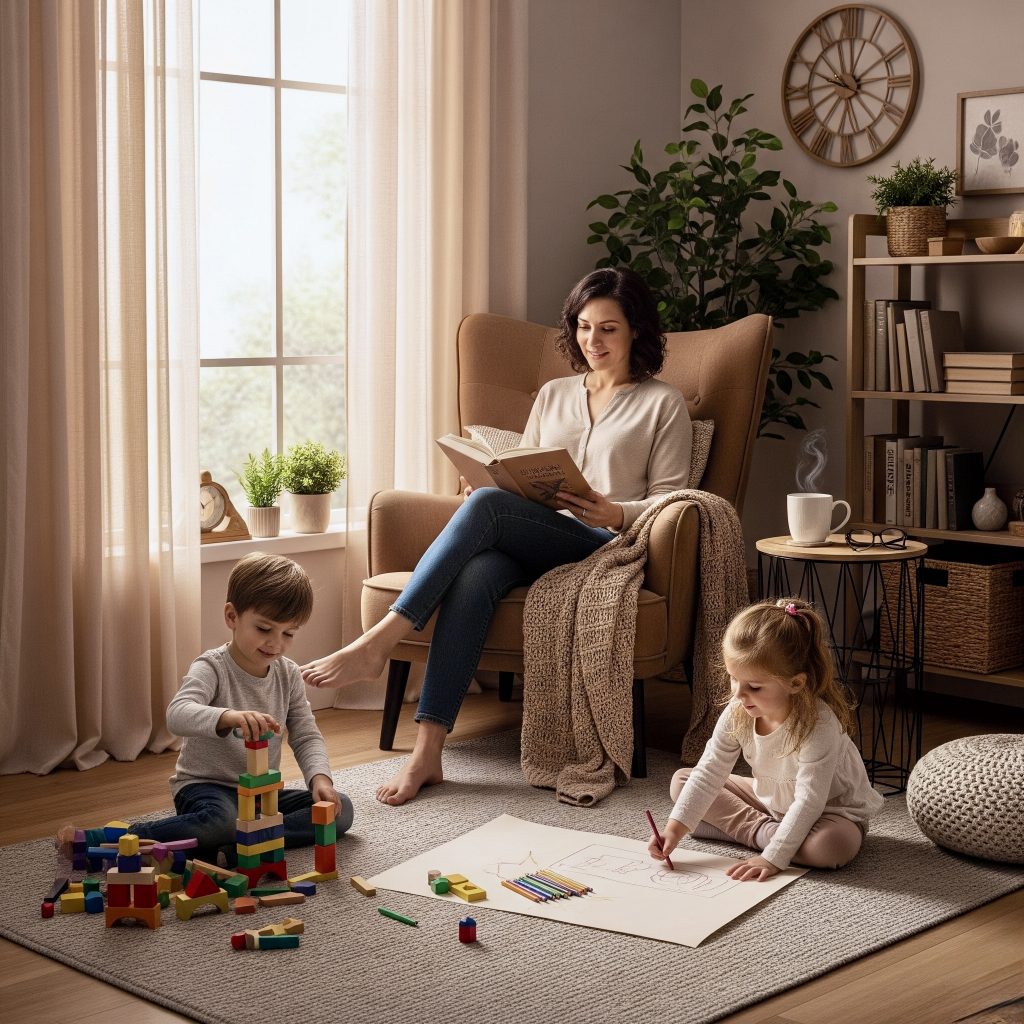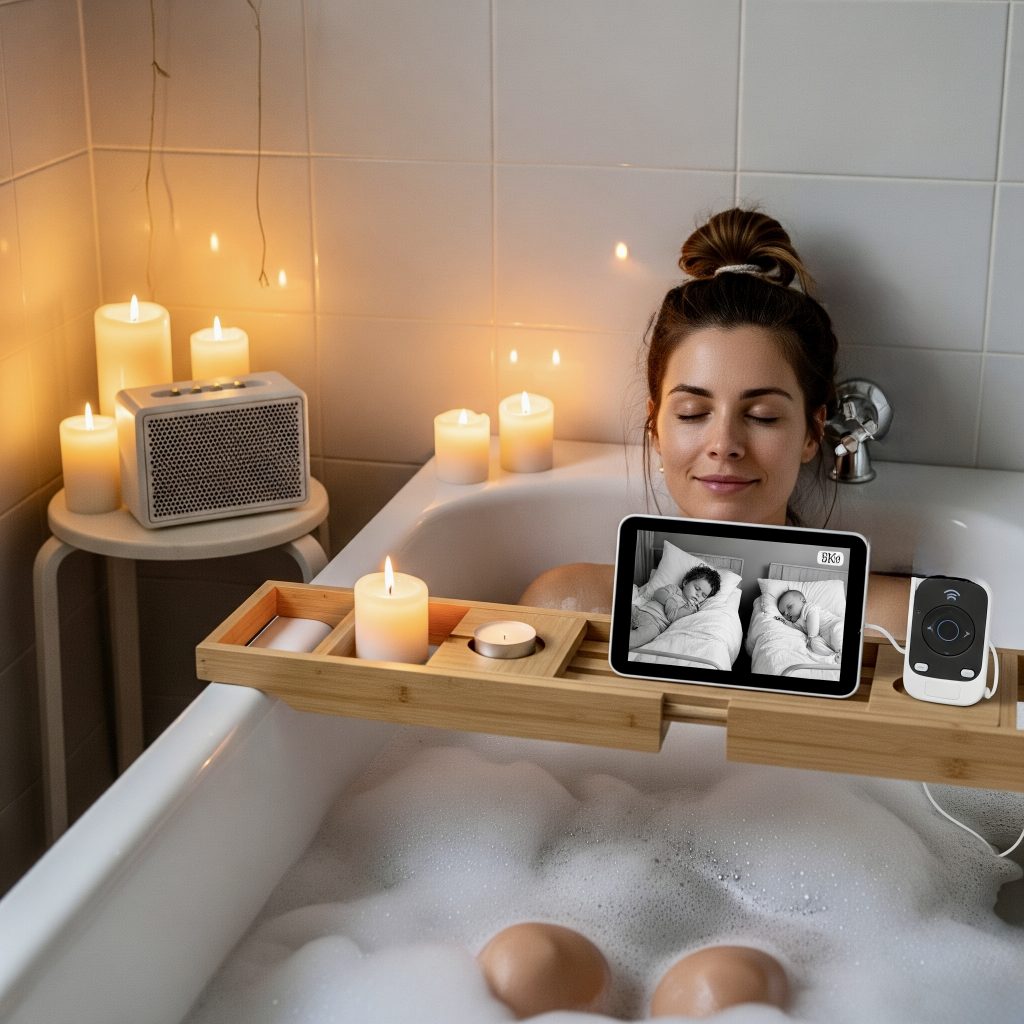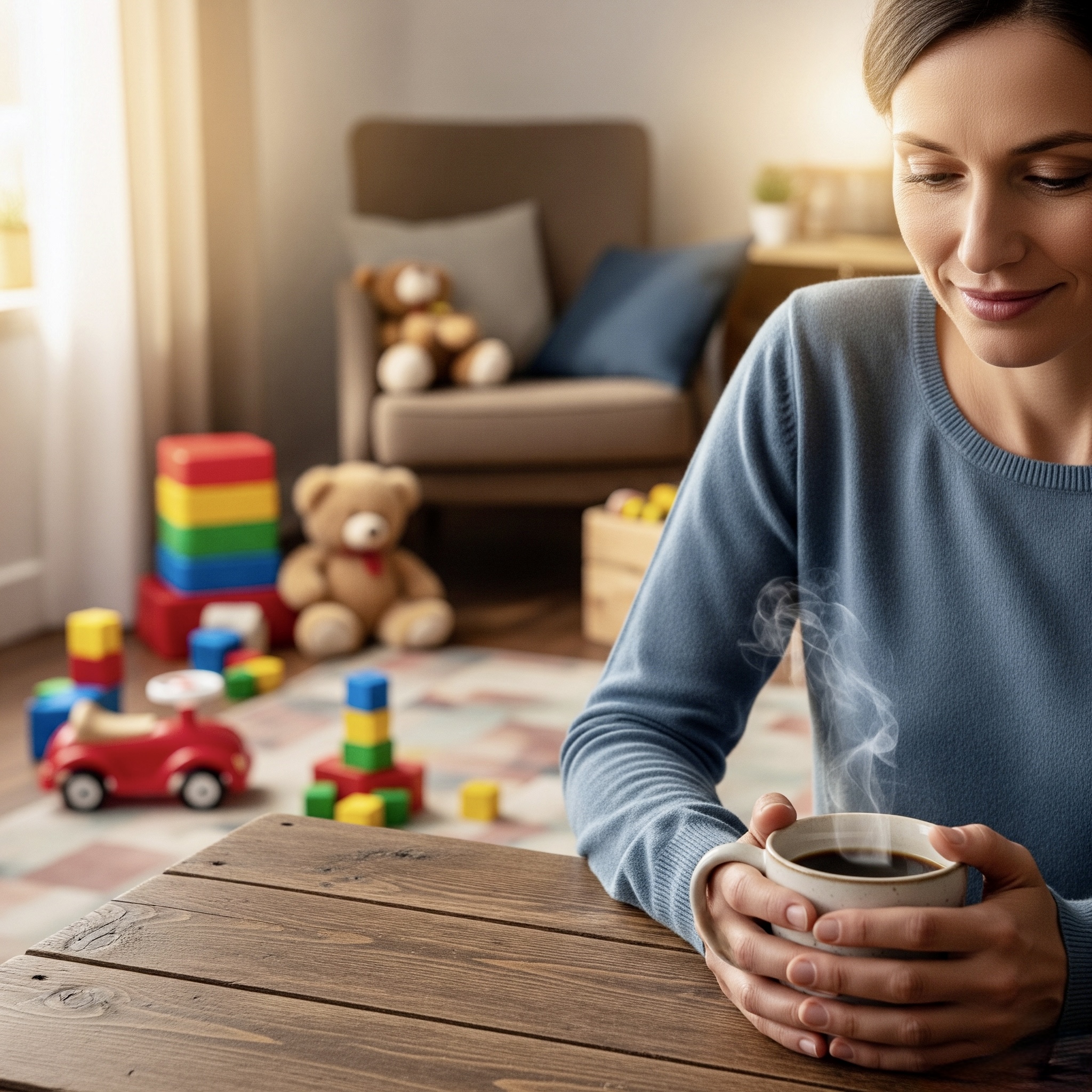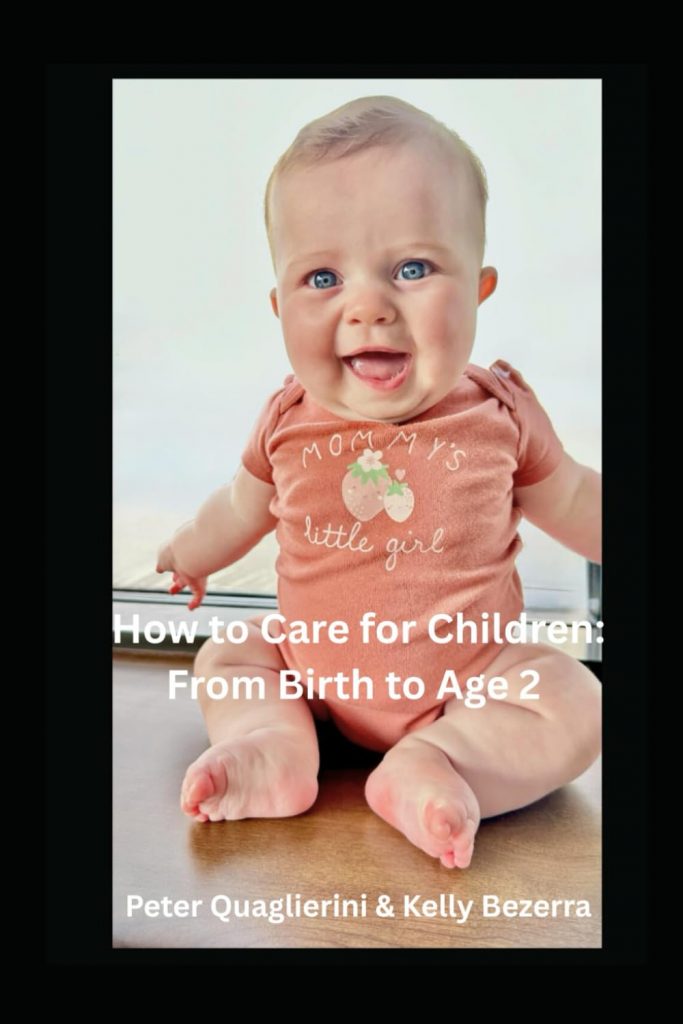Mastering self care overwhelmed parents techniques has become a survival skill for modern mothers and fathers drowning in endless responsibilities. With 94% of parents reporting chronic exhaustion and 78% experiencing symptoms of burnout, developing effective parental self care strategies isn’t selfish luxury, it’s essential protection for your mental health, family relationships, and long-term parenting effectiveness.
Transformative research from the University of Washington reveals that parents who practice consistent overwhelmed parent relief methods experience 89% better emotional regulation, 76% improved patience with children, and 134% higher life satisfaction compared to those who neglect their own well-being. This isn’t about being a perfect parent, it’s about being a sustainable one through proven self care for busy parents approaches.
The Hidden Crisis of Parental Self-Care Strategies
Modern parenting culture promotes the dangerous myth that good parents sacrifice everything for their children. Dr. Kristin Neff’s research at the University of Texas shows that parental self-neglect actually harms children by modeling unhealthy relationships with personal needs and creating emotionally depleted caregivers who cannot provide optimal support.
When you prioritize self care overwhelmed parents practices, you’re not taking away from your children, you’re modeling healthy self-respect while ensuring you have the emotional, physical, and mental resources necessary for effective parenting. Your well-being directly impacts your children’s emotional security and development.
The American Academy of Pediatrics’ comprehensive studies demonstrate that parents who practice regular parent burnout prevention experience:
- 156% better emotional availability for their children
- 92% lower rates of parental depression and anxiety
- 118% improved family relationship satisfaction
- 73% reduced likelihood of harsh parenting behaviors
Take a look: University of Washington – Parental Well-being Research
10 Life-Saving Self Care Overwhelmed Parent Relief
1. The 5-Minute Morning Sanctuary Protocol
This foundational parental self care strategies creates a protected morning space for mental preparation before the daily chaos begins.
Creating your morning sanctuary:
- Wake up 5-10 minutes before your children
- Use this time for deep breathing, gratitude, or intention setting
- Keep a journal by your bedside for quick morning thoughts
- Enjoy your coffee or tea in complete silence
- Set positive intentions for your parenting day
Implementation tip: Even if children wake early, step into the bathroom for 3-5 minutes of conscious breathing and self-connection before engaging with family demands.
2. The Micro-Self-Care Integration System
This overwhelmed parent relief technique inserts tiny self-care moments throughout your parenting day without requiring additional time or childcare.
Micro-self-care opportunities:
- Practice deep breathing while children play independently
- Do calf raises or stretches while supervising homework
- Listen to favorite music during household chores
- Apply moisturizer mindfully during bathroom breaks
- Practice gratitude while preparing meals
Research from Boston University shows that parents who practice micro-self-care throughout the day maintain 67% better mood stability and 84% higher energy levels compared to those who defer all self-care.
3. The Parental Boundary Communication Framework
Teaching children to respect your basic needs creates space for self care for busy parents while modeling healthy boundary setting.
Age-appropriate boundary communication:
- Toddlers (2-4): “Mommy needs quiet time for 5 minutes. You can play with these toys while I rest.”
- School age (5-12): “I need 15 minutes to recharge so I can be a better parent. Please play quietly in your room.”
- Teenagers (13+): “I’m taking 30 minutes for self-care. Please handle any non-urgent needs independently.”
Boundary implementation: Start with very short periods and gradually increase as children learn to respect your self-care time.

4. The Strategic Support Network Activation
This parent burnout prevention technique involves systematically building and utilizing your support system rather than trying to handle everything alone.
Support network components:
- Family support: Grandparents, siblings, or extended family for occasional childcare
- Friend networks: Other parents for childcare swaps and emotional support
- Professional support: Babysitters, housecleaners, or meal delivery services
- Community resources: Parent groups, religious organizations, or neighborhood networks
- Online support: Virtual parent communities for 24/7 encouragement and advice
Activation strategy: Reach out to one support person weekly, offer help to build reciprocal relationships, and schedule regular support utilization rather than waiting for emergencies.
5. The Parental Energy Management System
This overwhelmed parent relief approach treats your energy as a finite resource requiring strategic allocation rather than unlimited availability.
Energy allocation priorities:
- Essential parenting: Safety, basic needs, emotional connection (60%)
- Household management: Cleaning, cooking, organizing (25%)
- Personal restoration: Self-care, rest, personal interests (15%)
Daily energy optimization:
- Schedule demanding parenting tasks during your peak energy hours
- Use medium energy periods for routine childcare and household tasks
- Protect low energy times for rest and simple activities with children
- Plan energy-giving activities (nature time, music, laughter) throughout the day
6. The Guilt-Free Self-Care Permission System
Many parents struggle with parental self care strategies because of guilt about taking time for themselves. This technique provides psychological permission for essential self-care.
Reframing self-care thoughts:
- Instead of: “I’m being selfish taking time for myself”
- Think: “I’m modeling self-respect for my children”
- Instead of: “My children need me every moment”
- Think: “My children need a emotionally healthy parent”
- Instead of: “Good parents sacrifice everything”
- Think: “Good parents take care of themselves so they can care for others”
Permission-granting mantras: “My well-being benefits my entire family,” “Self-care makes me a better parent,” “I deserve care and attention too.”
Read more: 10 Self Care Overwhelmed Parents Secrets That Actually Save Your SanityEmotional Resilience Strategies for Parents
7. The Simplified Self-Care Menu
This self care for busy parents technique involves creating a list of quick, accessible self-care options that require minimal time, money, or planning.

5-minute self-care options:
- Hot shower with favorite music
- Cup of tea in complete silence
- Brief walk around the block
- Favorite essential oil or candle lighting
- Quick call or text to a supportive friend
15-minute self-care options:
- Bath with relaxing music
- Yoga or stretching routine
- Reading a few pages of a favorite book
- Creative activity like drawing or crafting
- Meditation or prayer time
30+ minute self-care options: Reserve for times when childcare is available or children are independently occupied.
8. The Parental Stress Signal Recognition
This parent burnout prevention technique involves identifying your personal stress warning signs before they escalate into overwhelming exhaustion or emotional outbursts.
Common parental stress signals:
- Physical: Chronic fatigue, frequent headaches, muscle tension, getting sick often
- Emotional: Irritability, resentment, feeling overwhelmed, frequent crying
- Behavioral: Yelling more often, withdrawing from family, neglecting personal needs
- Cognitive: Forgetfulness, difficulty making decisions, negative self-talk
Early intervention strategies: When you notice stress signals, immediately implement breathing techniques, ask for help, or take a brief self-care break before stress escalates.
Read more: 10 Self Care Overwhelmed Parents Secrets That Actually Save Your SanityStress Management Techniques for Busy Schedules
9. The Realistic Expectations Adjustment
This overwhelmed parent relief strategy involves consciously lowering perfectionist standards to reduce self-imposed pressure and create space for well-being.
Expectation adjustments:
- Housework: “Clean enough” rather than spotless
- Meals: Nutritious and simple rather than gourmet
- Activities: Quality time rather than constant entertainment
- Parenting: Connection and safety rather than perfection
- Personal appearance: Comfortable and presentable rather than flawless
The “good enough” principle: Research shows that children thrive with “good enough” parenting that includes parental well-being rather than perfect parenting that exhausts caregivers.
10. The Weekend Self-Care Planning System
This parental self care strategy involves intentionally planning weekend activities that restore rather than further deplete your energy.
Restorative weekend planning:
- Saturday morning: One hour of complete personal time
- Family activities: Choose events that energize rather than exhaust you
- Sunday preparation: Meal prep and planning that reduces weekday stress
- Evening restoration: Early bedtime or relaxing activities
- Partner coordination: Take turns providing childcare for individual self-care
Implementation tip: Plan weekends like you plan work schedules, including specific time blocks for restoration and self-care activities.
Advanced Self Care for Busy Parents Techniques
Seasonal Self-Care Adaptation: Adjust your self-care strategies based on children’s ages, school schedules, and seasonal demands.
Crisis Self-Care Protocols: Develop emergency self-care plans for particularly challenging periods like illness, work stress, or family difficulties.
Partner Self-Care Coordination: Create systems with your partner for mutual support and shared responsibility for each other’s well-being.
Common Parental Self-Care Obstacles and Solutions
“I Don’t Have Time for Self-Care”
Self care overwhelmed parents often requires redefining self-care as micro-moments integrated into existing activities rather than separate time blocks.
“I Feel Guilty Taking Time for Myself”
Remember that your well-being directly impacts your children’s emotional security. Self-care is a gift to your entire family, not a selfish act.
“Self-Care Feels Impossible with Young Children”
Focus on self-care activities that can be done with children present: nature walks, music, deep breathing, or creative activities you can share.
“I Can’t Afford Self-Care Activities”
Most effective overwhelmed parent relief techniques are free: breathing exercises, walks, baths, music, reading, or connecting with friends.
Creating Your Personalized Parent Self-Care Plan
Daily non-negotiables: Choose 2-3 micro-self-care practices you can maintain regardless of family chaos.
Weekly essentials: Schedule one longer self-care activity that requires minimal planning or resources.
Monthly renewals: Plan one significant self-care experience that deeply restores your energy and perspective.
Emergency protocols: Identify quick stress-relief techniques for moments when you feel completely overwhelmed.
The Family Benefits of Parental Self-Care
When you practice consistent parent burnout prevention, you’re teaching your children invaluable life skills:
Modeling healthy boundaries: Children learn it’s normal and important to take care of personal needs.
Emotional regulation demonstration: Your self-care shows children how to manage stress and emotions effectively.
Self-respect education: You’re teaching children that all people, including parents, deserve care and attention.
Sustainable caregiving: Children observe that caring for others requires caring for yourself first.
Measuring Your Parental Self-Care Success
Daily indicators:
- Energy levels throughout the day (1-10 scale)
- Patience with children during challenging moments
- Ability to enjoy family time rather than just endure it
- Physical comfort and absence of tension
- Mood stability and emotional availability
Weekly assessment:
- Overall family relationship satisfaction
- Personal fulfillment and sense of identity beyond parenting
- Physical health and energy sustainability
- Stress resilience during typical family challenges
Your Parental Self-Care Transformation Journey
Select three strategies from this guide that feel most achievable given your current family situation and energy levels. Implement them consistently for the next 21 days while tracking improvements in your mood, energy, and family relationships.
Remember, self care overwhelmed parents isn’t about adding more to your already full plate, it’s about nourishing yourself so you can sustain the incredible work of raising human beings.
Your children need you to be well, not perfect. They need you to model self-respect, emotional regulation, and sustainable living rather than martyrdom and exhaustion.
Every moment you invest in parental self care strategies is an investment in your family’s long-term happiness and emotional health. You matter, your needs matter, and taking care of yourself makes you a better parent, not a selfish one.
Start small, be consistent, and trust that your capacity for both self-care and exceptional parenting will grow stronger with each choice to honor your own well-being alongside your children’s needs.
The most important gift you can give your children is a parent who takes care of themselves, loves themselves, and demonstrates that all people deserve care, respect, and attention, including the incredible person who happens to be their parent.
Looking for comprehensive guidance on caring for your baby? Our book ‘How to Care for Children: From Birth to Age 2’ combines professional nanny experience with evidence based child development research. Written by Kelly and Peter, this guide provides clear, reliable advice rooted in real world childcare. Available in English, Spanish, and Portuguese on Amazon.
Click the link below your preferred language to get your copy!

1. How can busy parents find time for self-care?
Self-care doesn’t always require large blocks of time. Busy parents can practice micro-self-care by integrating small restorative moments throughout the day, such as deep breathing while children play, stretching during household tasks, or enjoying a quiet cup of coffee before the family wakes. Even 5-10 minutes of intentional self-care can significantly improve mood and energy levels.
2. Is it selfish for parents to prioritize their own needs?
No. Prioritizing self-care is not selfish, it’s essential for effective parenting. Research shows that parents who practice regular self-care experience better emotional regulation, increased patience, and improved family relationships. When you take care of yourself, you model healthy self-respect for your children and ensure you have the energy and emotional resources needed to care for your family effectively.
3. What are quick self-care activities that require no childcare?
Many effective self-care activities can be done with children present: taking a walk together in nature, listening to favorite music while doing chores, practicing deep breathing exercises, doing simple stretches, enjoying a special drink mindfully, or engaging in creative activities like drawing or crafting. The key is choosing activities that restore your energy rather than deplete it.
4. How do I handle guilt about taking time for myself?
Reframe self-care as an investment in your family’s well-being rather than time away from them. Remember that your emotional health directly impacts your children’s security and development. Use permission-granting mantras like “My well-being benefits my entire family” or “Self-care makes me a better parent.” Teaching children that adults have needs too is actually a valuable life lesson.
5. What if I don’t have money for self-care activities?
Most effective self-care practices are completely free. Deep breathing exercises, walks in nature, stretching, listening to music, reading library books, connecting with friends via phone or text, taking relaxing baths, journaling, or simply sitting in quiet reflection all cost nothing but provide significant restoration benefits.
6. How can I teach my children to respect my self-care time?
Start with age-appropriate boundary communication and very short periods (5 minutes). Gradually increase the duration as children learn to respect your self-care needs. Explain simply: “Mommy/Daddy needs quiet time to recharge so I can be a better parent.” Provide children with specific activities during your self-care time and acknowledge their cooperation afterward.
7. When should a parent seek professional help for burnout?
If you’re experiencing persistent exhaustion that doesn’t improve with rest, frequent emotional outbursts, feelings of resentment toward your children, withdrawal from family activities, physical symptoms like chronic headaches or illness, or thoughts of harming yourself, it’s important to seek professional
Time for Self-Care
In today’s busy world, it is easy to forget the importance of taking care of ourselves. Between work, family responsibilities, and social commitments, we often put our own needs last. However, self-care is not a luxury, it is a necessity for maintaining physical, emotional, and mental well-being.
Taking time for self-care allows us to recharge, reduce stress, and approach life with greater clarity and patience. Self-care can take many forms, and it is essential to find practices that resonate with your personal needs. Simple actions such as enjoying a warm bath, reading a favorite book, or taking a short walk in nature can make a significant difference in mood and energy.
Equally important is creating routines that nurture mental and emotional health. This can include journaling to process feelings, practicing meditation or mindfulness to center the mind, or setting boundaries to protect your time and energy. Remember, saying “no” when necessary is a powerful act of self-respect and self-care.
Physical well-being is also crucial. Balanced nutrition, regular exercise, and adequate sleep form the foundation of a healthy body, which in turn supports emotional stability and resilience.
Finally, self-care is about connection, to yourself and to what brings you joy. Spending time with loved ones, engaging in hobbies, or simply allowing moments of stillness can restore a sense of balance and fulfillment.
Prioritizing self-care is not selfish; it enables you to be fully present, supportive, and effective in all areas of life. By consistently carving out time for yourself, you nurture your well-being and cultivate the strength to face challenges with grace. Make self-care a priority, embrace it with intention, and allow yourself the love and care you deserve every day.
Being a parent is one of the most rewarding experiences in life, but it can also be incredibly demanding and exhausting. Between managing work, household responsibilities, and caring for your children, it’s easy to forget to take care of yourself. Prioritizing self-care is not selfishit’s essential for your well-being and for being the best version of yourself for your family.,
To help overwhelmed parents find practical ways to recharge and nurture themselves, we’ve found a helpful video that shares five simple self-care tips every parent can use, even on the busiest days. Watch it below to discover small, actionable steps that can make a big difference in your daily life and mental health.
Watch the video here





In our extremely busy lives we cannot forget to take care of ourselves.
This post gives some great suggestions on how to achieve this.
Thank you!
Muito importante usar essas técnicas do autocuidado, até porque, a gente só consegue cuidar de alguém, se a gente se cuidar primeiro.
Muito obrigada!